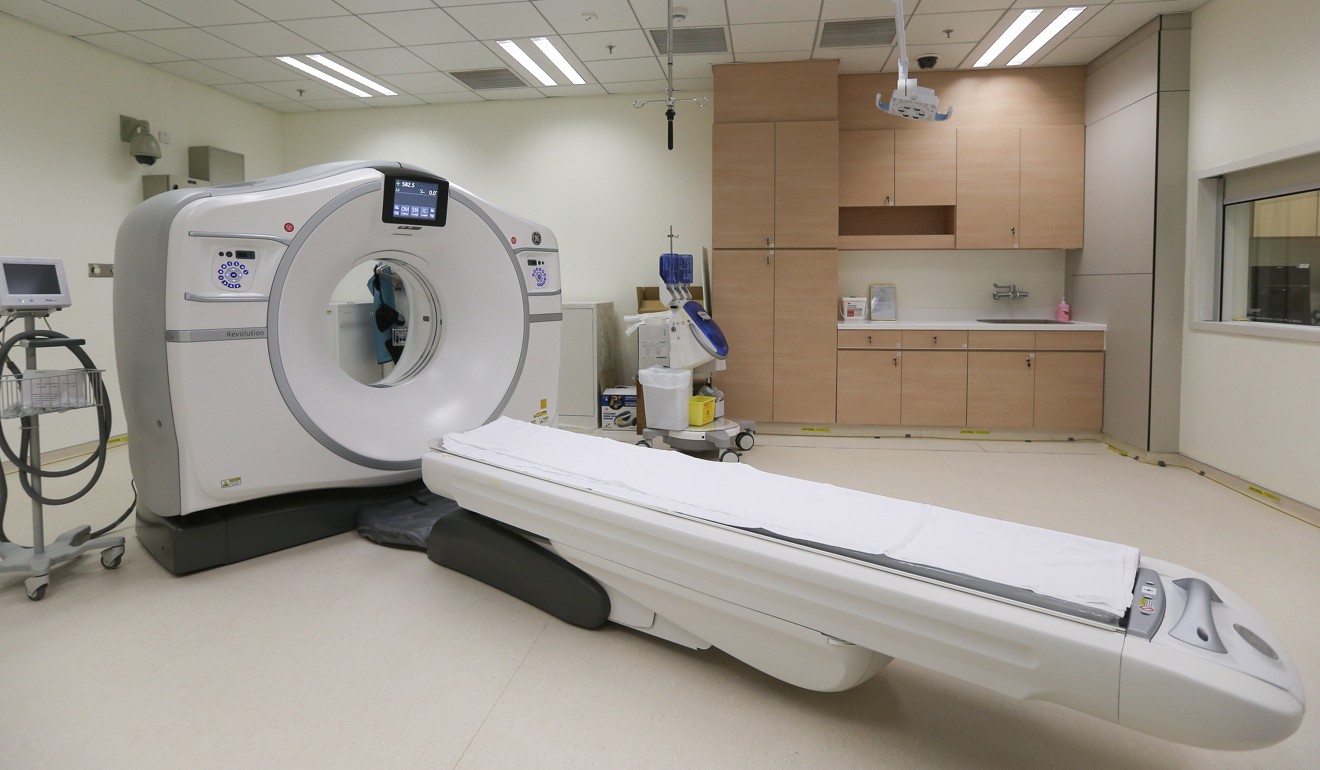
Hong Kong’s chronic doctor shortage can be cured with new tech and new blood
Ken Chu says cutting-edge equipment for early disease detection and surgery, and more open recruitment of doctors, can help boost services at public hospitals, but healthy lifestyles are also a key way to ease the pressure
Increasing medical school enrolment is one way to resolve the supply crunch and relieve the workload of doctors in public hospitals. We currently have about 420 medical graduates each year. But if we expand enrolment, we must overcome the challenge of funding. The government heavily subsidises the tuition fee of each medical student, and a substantial amount is needed to train a doctor.
Inside Hong Kong’s public hospital crisis
Money aside, there is another challenge: do we have enough bright young local men and women willing to toil through five years of medical school? If not, shouldn’t we encourage overseas students to enrol at our medical schools with government subsidies, but on the condition that they sign up to work at our public hospitals and clinics to serve the local community for a certain period after graduation?
There are many more possible solutions, such as reappointing retired doctors and extending the retirement age for public hospital doctors, as recommended in a 2015 report by a steering committee appointed by the authority to review the manpower situation.
Technology such as data analytics and automation can boost some of the work of a doctor in diagnosis and minor surgery
Shouldn’t we also invest more in technology and advanced medical equipment to alleviate doctors’ workload? We always reiterate that we ought to promote innovation, so encouraging research and investment in medical technology would be in tandem with our policy objective. Indeed, there are studies showing that technology, such as data analytics and automation, can boost some of the work of a doctor in diagnosis and minor surgery.
Accurate diagnosis and surgery may translate into fewer hospital visits and consultations, further relieving the workload of doctors.
A veteran doctor friend of mine also believes it is worth investing more in the early detection of diseases and their prevention. Equipping our public hospitals with more sophisticated medical equipment, such as magnetic resonance imaging (MRI) scanners, for example, will help doctors detect diseases or disorders early.

Retired doctors step in to tackle Hong Kong’s elderly care shortage
Public education to raise awareness about common illnesses such as diabetes, lung cancer, gout and cardiovascular diseases will also help. And why not get medical associations, retired doctors, district councillors or even foreign doctors contracted to work at public hospitals to play a role?
My friend also emphasises the importance of a healthy lifestyle, such as exercising, quitting smoking and drinking, and so forth, as a way to prevent disease. I totally agree. If fewer people fall sick, fewer patients will need to be hospitalised and the workload of doctors at public hospitals will be reduced.
At the end of the day, it is the responsibility of the individual to take care of their body.
Dr Ken Chu is group chairman and CEO of the Mission Hills Group and a National Committee member of the Chinese People’s Political Consultative Conference

